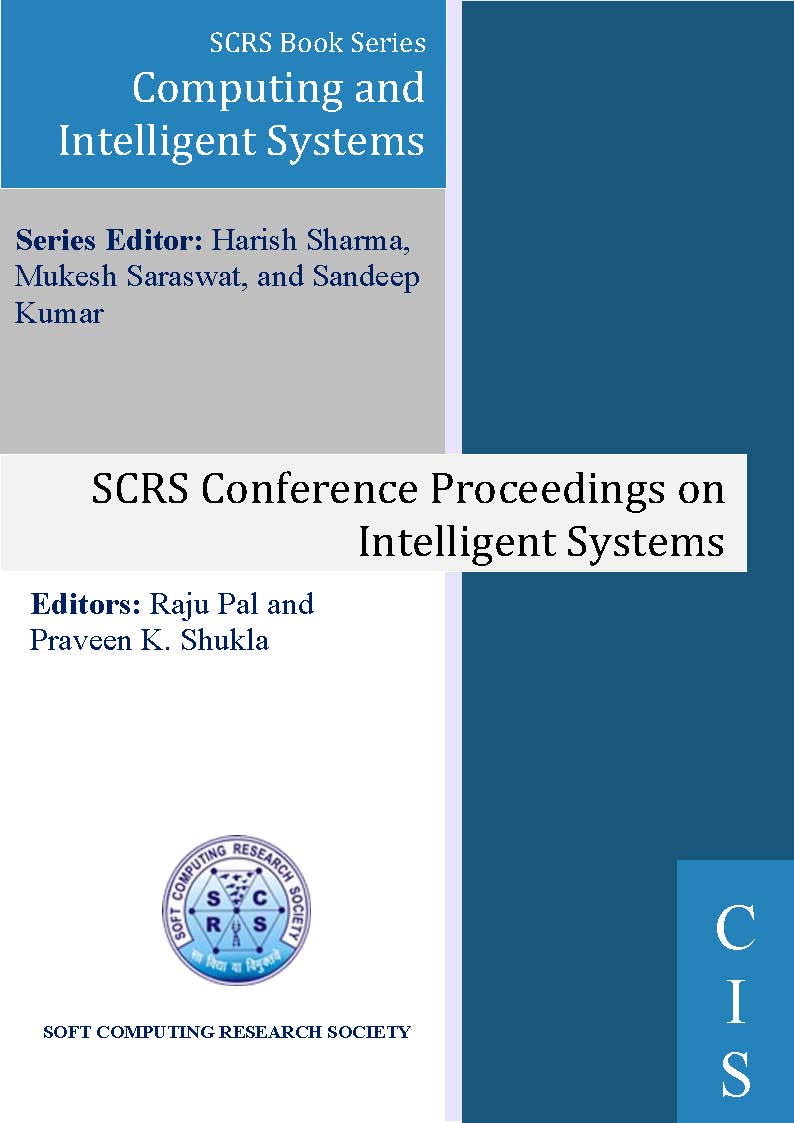
Workload Consumption Metric Forecasting
Authors: Naveen Sankaran, Sourabh Maity, Bhashyam Ramesh and Lovlean Arora
Publishing Date: 04-06-2023
ISBN: 978-81-955020-5-9
Abstract
The success of an autonomous database largely depends on its ability to predict the future. With the knowledge of what is going to happen in the future, an autonomous database can choose proper optimization strategies at the right time. This helps an autonomous database to be proactive rather than being reactive. Here, in this paper, we will concentrate on workload management task of a database management system. There can be multiple workloads that are active during a time period with each workload having different priorities. Amount of resources available to lower priority workloads depend upon the load on higher priority workloads. If a system can model its user’s workload consumption from history, it can use this knowledge to serve the following use cases: 1. Depending on the system load, dynamically scale up or scale down the system capacity. 2. Dynamically allocate resources to workload groups such that overall system performance is optimized. In this paper we present a predictive system which predicts the following metrics for each workload groups for the next (few) timestep(s): 1. Percentage of total CPU that a workload group is going to consume in the specified timestep. 2. Amount of IO (data) in KB that a workload group is going to consume in the specified timestep. 3. Number of queries which are going to arrive for a workload group in the specified timestep. The use cases mentioned above can be achieved once we can predict the workload group metrics listed above. Using the predicted values to dynamically scale up/down system capacity or dynamically allocate resources to workloads is out of scope of current work
Keywords
Workload management, Database management system, Dynamically allocation.
Cite as
Naveen Sankaran, Sourabh Maity, Bhashyam Ramesh and Lovlean Arora, "Workload Consumption Metric Forecasting", In: Saroj Hiranwal and Garima Mathur (eds), Artificial Intelligence and Communication Technologies, SCRS, India, 2023, pp. 1093-1111. https://doi.org/10.52458/978-81-955020-5-9-104